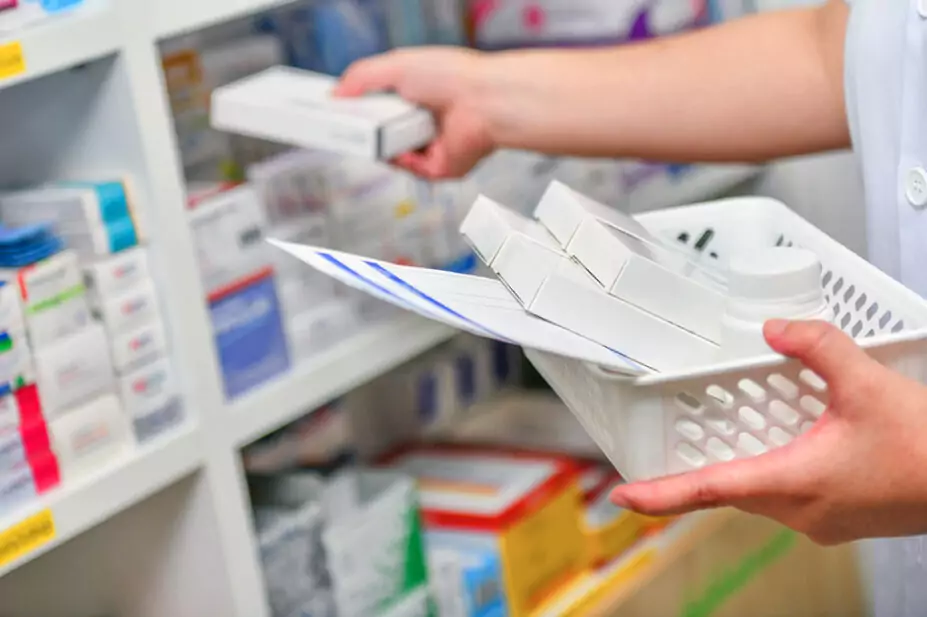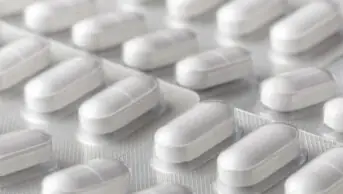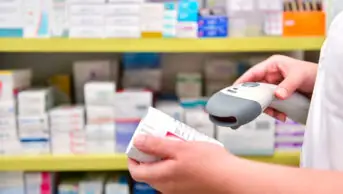
Shutterstock.com
A new voluntary agreement will allow the level of annual growth in sales of branded medicines to the NHS to double from 2% in 2024, to 4% by 2027.
The ‘Voluntary scheme for branded medicines pricing, access and growth’ (VPAG) — agreed by the UK government, NHS England and the Association of the British Pharmaceutical Industry (ABPI) — will run for five years until 31 December 2028.
The VPAG will replace the current ‘Voluntary pricing and access scheme’ (VPAS), which is due to end on 31 December 2023.
The schemes set a yearly cap on the total allowed sales value of branded medicines to the NHS each year. Sales above the cap are paid back to the government via a levy.
There will be a lower amount levied on innovative drugs under the new scheme, which will be paid for by a new affordability mechanism, meaning that older medicines that have not experienced price reductions will have to pay a top-up rate of up to 25% on the levy. This top-up rate will taper down when the prices of older medicines reduce.
Under the new plans, pharmaceutical companies have agreed to invest £400m over five years through the Life Sciences Investment Programme to accelerate work on clinical trials, manufacturing and in health technology assessments agencies.
Two major pharmaceutical manufacturers, Eli Lilly and Abvie, withdrew from VPAS in December 2022, after the government announced that month that repayment rates would rise to 26.5% of their net income from sales of branded medicines to the NHS in 2023, from 15% in 2022 — an increase of more than 11 percentage points in one year.
Levy rates for the VPAG have not been announced.
Health secretary Victoria Atkins described the new agreement as “momentous”.
“Not only will it save the health service billions of pounds every year, it will allow more patients to quickly access the latest life-saving medicines and treatments,” she said.
“This deal will also ensure the UK remains a world leader in driving forward innovative healthcare while boosting our economy, with hundreds of millions of pounds invested in vital research, clinical trials and manufacturing.”
Richard Torbett, chief executive at the ABPI, said the agreement was a “tough deal” that underlined “the essential role innovative medicines and vaccines will play in addressing the health challenges of the future”.
“The industry supports this agreement, despite its restrictions, as it provides important support for patients and the NHS and commits to giving them access to the transformative treatments they need.
“Allowing the sector to grow faster than it has under the previous scheme should increase the UK’s international competitiveness over time. Importantly, it also recognises the pressing need to invest more in building NHS capacity to partner with industry on science and research to support innovation and economic growth,” he added.
However, Mark Samuels, chief executive of the British Generic Manufacturers Association (BGMA), raised concerns that the deal could increase the risk of drug shortages.
In a statement, he said the BGMA published plans for a price erosion mechanism (PEM) earlier in 2023, which it believed was “the simplest way to safeguard the supply to the NHS of off-patent medicines, which represent the vast majority of prescriptions used by UK patients”.
“While we are pleased this principle is at the heart of the new deal, we are very disappointed that the PEM [as included in the VPAG] appears to damage competition because of how the reference price is calculated; it will reduce the plurality of medicine suppliers for the NHS, increasing the drug shortage risk,” Samuels said.
“More broadly, while it is heartening to see an increase in the overall growth rate, we are concerned that, with next year’s level still at 2%, there is a continuing risk of increased medicine shortages,” he added.
The BGMA has called for the proposed industry-funded £400m investment to be made available to off-patent companies to “mitigate the considerable jeopardy to generic medicine manufacturing in the UK”.
The VPAG also details how NHS England plans to work with companies to create a new patient support programme database to encourage local NHS services to partner with manufacturers and encourage the wider use of novel approaches to patient support post treatment.


